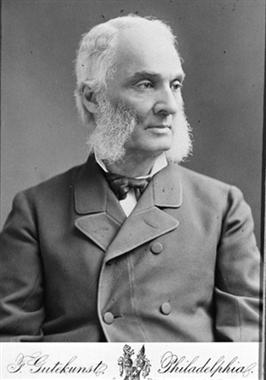Although Pennsylvania had expanded the rights of fugitives through the passing of Personal Liberty Laws and had passed laws to punish slave-catchers, abolitionists and fugitives could not depend upon the court system to deliver freedom to runaway slaves. In addition, not all northern citizens shared in anti-slavery ideology. They attempted to hinder escapes, reported acts of sheltering runaways, kidnapped runaways for rewards, and, at times, lashed out against those known to assist fugitives. In addition, there were laws that could be used against those assisting the runaways. To publicly promote antislavery ideology and "to create a fund to aid colored persons in distress," the Vigilant Committee of Philadelphia was formed in 1837 by Robert Purvis, an ardent abolitionist.
The Vigilant Committee of Philadelphia operated between 1837 and 1852; it was the secret auxiliary of the Vigilant Association. The Vigilant Committee's purpose was to appoint offices, raise revenue, and have resources readily available to assist runaway slaves while they stayed in or passed through Philadelphia. Such assistance could include food, clothes, shelter, transportation, medical attention, and legal fees. Considerable expenses could be incurred when assisting the runaways. Food and transportation were essential costs, coupled with additional expenses such as clothing, shelter, and medicine. Some of the expenses were met through membership dues; additional funds were sought from outside of the organization.
Image: Robert Purvis, first black member of the Pennsylvania Abolition Society. Gratz Collection, Historical Society of Pennsylvania.

